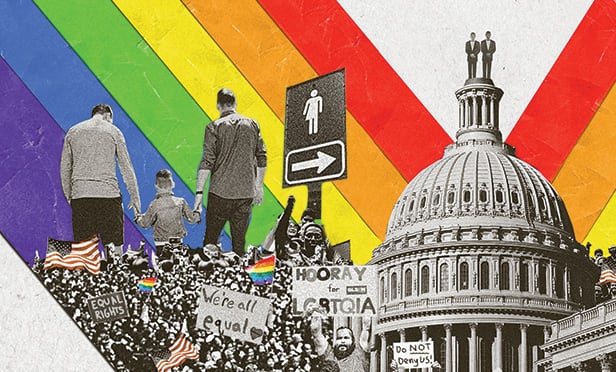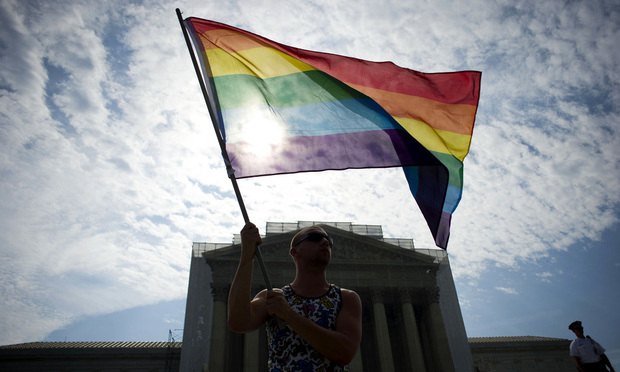 Not only is coverageof sex-reassignment surgery increasing, but a few companiesare adding subsidies for cosmetic procedures, such aselectrolysis, mastectomy, and Adam's apple reductionsurgery. (Photo: Shutterstock)
Not only is coverageof sex-reassignment surgery increasing, but a few companiesare adding subsidies for cosmetic procedures, such aselectrolysis, mastectomy, and Adam's apple reductionsurgery. (Photo: Shutterstock)
As companies beef up benefits in a tight labor market, Massachusetts Mutual LifeInsurance Company is one of a rapidly growing number of companiesimproving coverage for transgender workers.
|About 10 percent of companies pay for sex reassignment surgery, according to researchby the Society for Human Resource Management. MassMutual has since2014; It's adding subsidies for cosmetic procedures, such aselectrolysis, mastectomy, and Adam's apple reduction surgery — ararer benefit that an estimated 3 percent of companies provide.
|Related: 4 steps businesses can take to be inclusive oftransgender employees
|“Our goal was to make sure that our benefits strategy wasinclusive,” said Dr. Claudia Coplein, the chief medical andwellness officer at MassMutual. “Our definition of inclusivenesshas really evolved as society has evolved.”
|As the labor market has tightened in recent years, companieshave boosted their benefits as a way to attract and retain workers.With millennials aging into parenthood, the priority has beenbenefits that make it easier to care for young children.
|But coverage for transgender workers is becoming more commontoo. The number of companies that pay for sex reassignment surgerydoubled from 2015, according to SHRM. Earlier this year Starbucks,also on a benefits spree, announced expanded coverage fortransgender workers and now includes some cosmetic procedures aswell.
|The medical costs of a physical transition add up quickly: DanaPizzuti, author of Transitioning in the Workplace, said she paid$100,000 out of pocket. Few employees are likely to use thebenefit. An estimated six out of every 1,000 Americans istransgender, and an even smaller percentage is seeking relatedmedical care.
|But offering coverage can also serve as a signal to transgenderworkers and other employees. “It's a question between having aneutral atmosphere and a supportive atmosphere,” said ThomasDelano, a Project Leader at Boston Consulting Group. “If nothing isbeing said they cannot really assume that it's safe for them toactually come out in the workplace.”
|A recent BCG survey of more than 4,000 lesbian, gay, bisexualand transgender workers worldwide found that 35 percent thinkcoming out at work could hurt their careers. Transgender workers,the survey found, were less likely to be out than other LGBTworkers.
|Read more:
Complete your profile to continue reading and get FREE access to BenefitsPRO, part of your ALM digital membership.
Your access to unlimited BenefitsPRO content isn’t changing.
Once you are an ALM digital member, you’ll receive:
- Critical BenefitsPRO information including cutting edge post-reform success strategies, access to educational webcasts and videos, resources from industry leaders, and informative Newsletters.
- Exclusive discounts on ALM, BenefitsPRO magazine and BenefitsPRO.com events
- Access to other award-winning ALM websites including ThinkAdvisor.com and Law.com
Already have an account? Sign In





